
Germany: Flawed Social Media Law
The law sets a dangerous precedent for other governments looking to restrict speech online by forcing companies to censor on the government’s behalf.
"Governments and the public have valid concerns about the proliferation of illegal or abusive content online, but the new German law is fundamentally flawed,” said Wenzel Michalski, Germany director at Human Rights Watch. "It is vague, overbroad, and turns private companies into overzealous censors to avoid steep fines, leaving users with no judicial oversight or right to appeal.”
Parliament approved the Network Enforcement Act, commonly known as NetzDG, on June 30, 2017, and it took full effect on January 1, 2018.
The law requires large social media platforms, such as Facebook, Instagram, Twitter, and YouTube, to promptly remove "illegal content,” as defined in 22 provisions of the criminal code, ranging widely from insult of public office to actual threats of violence. Faced with fines up to 50 million euro, companies are already removing content to comply with the law.
At least three countries – Russia, Singapore, and the Philippines – have directly cited the German law as a positive example as they contemplate or propose legislation to remove "illegal” content online. The Russian draft law, currently before the Duma, could apply to larger social media platforms as well as online messaging services.
Two key aspects of the law violate Germany’s obligation to respect free speech, Human Rights Watch said. First, the law places the burden on companies that host third-party content to make difficult determinations of when user speech violates the law, under conditions that encourage suppression of arguably lawful speech. Even courts can find these determinations challenging, as they require a nuanced understanding of context, culture, and law. Faced with short review periods and the risk of steep fines, companies have little incentive to err on the side of free expression.
Second, the law fails to provide either judicial oversight or a judicial remedy should a cautious corporate decision violate a person’s right to speak or access information. In this way, the largest platforms for online expression become "no accountability” zones, where government pressure to censor evades judicial scrutiny.
At the same time, social media companies operating in Germany and elsewhere have human rights responsibilities toward their users, and they should act to protect them from abuse by others, Human Rights Watch said. This includes stating in user agreements what content the company will prohibit, providing a mechanism to report objectionable content, investing adequate resources to conduct reviews with relevant regional and language expertise, and offering an appeals process for users who believe their content was improperly blocked or removed. Threats of violence, invasions of privacy, and severe harassment are often directed against women and minorities and can drive people off the internet or lead to physical attacks. Criticism of the new law has intensified over the past six weeks after content from some high-profile users was blocked or their accounts were temporarily suspended, even though some of those actions were due to violations of the company’s user rules rather than NetzDG. Users whose speech was censored either by NetzDG or a violation of a company’s user agreement include a leader of the far-right Alternative for Germany party, a satire magazine, and a political street artist. The content of many other less public personalities may have been improperly blocked or removed, either under NetzDG or a violation of user rules, Human Rights Watch said. Four of the larger political parties now oppose the law: The Left, which voted against the law; the Free Democrats and the Alternative for Germany, which were not in parliament when the law passed; and the Green Party, which abstained in parliament’s vote. A senior official of the Christian Social Union, which was part of the government that proposed the law, has also come out against it. Chancellor Angela Merkel has defended the need to regulate the internet but said "it may be that we also have to make changes” to the law. The coalition agreement between her Christian Democratic Union, the Christian Social Union, and the Social Democratic Party for a new government, released on February 7, calls the NetzDG law a "correct and important step” but says the government will evaluate ways to "further develop” the law. Many organizations dedicated to human rights and media freedom have opposed the law since it first appeared in draft form. The Global Network Initiate, a coalition of nongovernmental organizations, academics, investors, and companies committed to free expression and privacy online, said the law would "outsource decisions” about freedom of expression to private companies. In an open letter to eight EU commissioners, agroup of six civil society and industry associations said the law would chill freedom of speech online by incentivizing companies to remove reported content. The freedom of expression organization Article 19 issued a legal critique of the law, saying it will "severely undermine freedom of expression in Germany, and is already setting a dangerous example to other countries.” The United Nations special rapporteur on freedom of opinion and expression, David Kaye, said the draft law was at odds with international human rights standards. The government defended the law, citing changes to the draft that Kaye reviewed, such as more flexibility on deadlines to remove content and the introduction of an authorized body to review complex cases, but failed to address Kaye’s key concern that the law places responsibilities on private companies to regulate the exercise of freedom of expression. "With the NetzDG law, Germany has undermined free speech at home and set a troubling example for other countries that want to block artistic expression, social criticism, political activism, or independent journalism online,” Michalski said. "Forcing companies to act as censors for government is problematic in a democratic state and nefarious in countries with weak rule of law.” For details on the law, social media companies’ response, and the law’s use by other countries, please see below.
For more Human Rights Watch reporting on Germany, please visit:
https://www.hrw.org/europa-und-zentralasien/germany



 0
0 
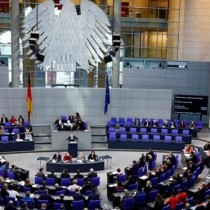


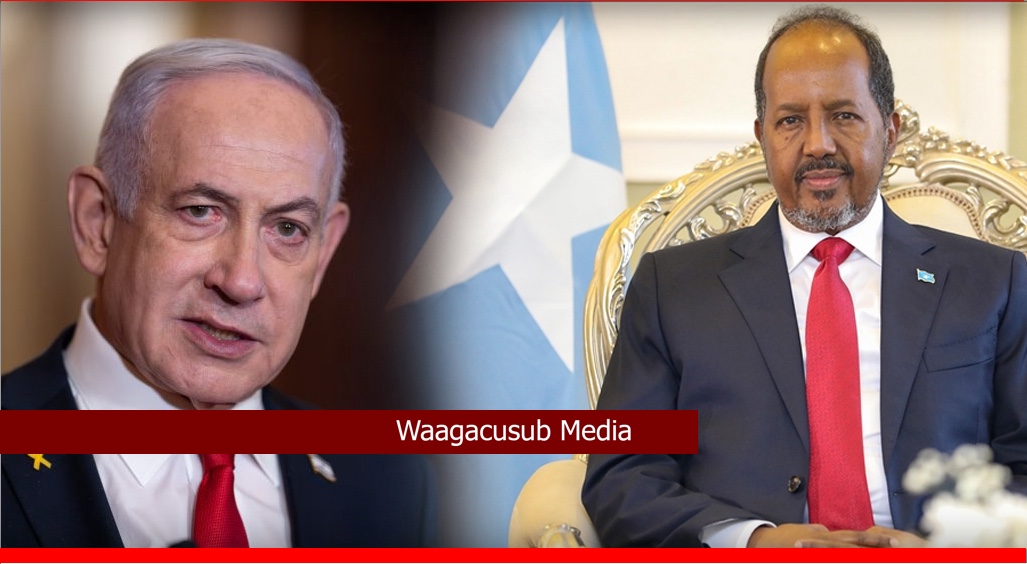

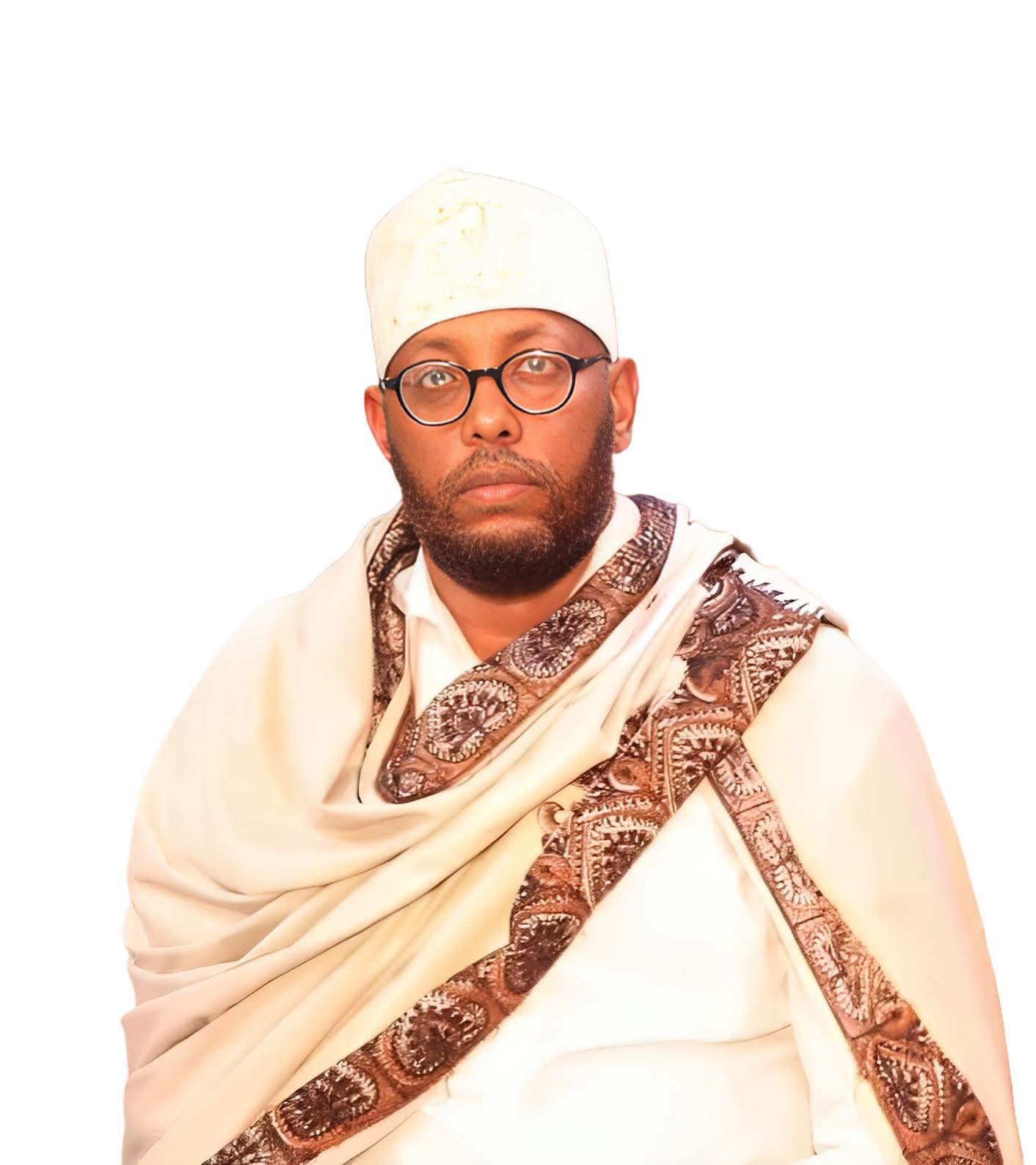
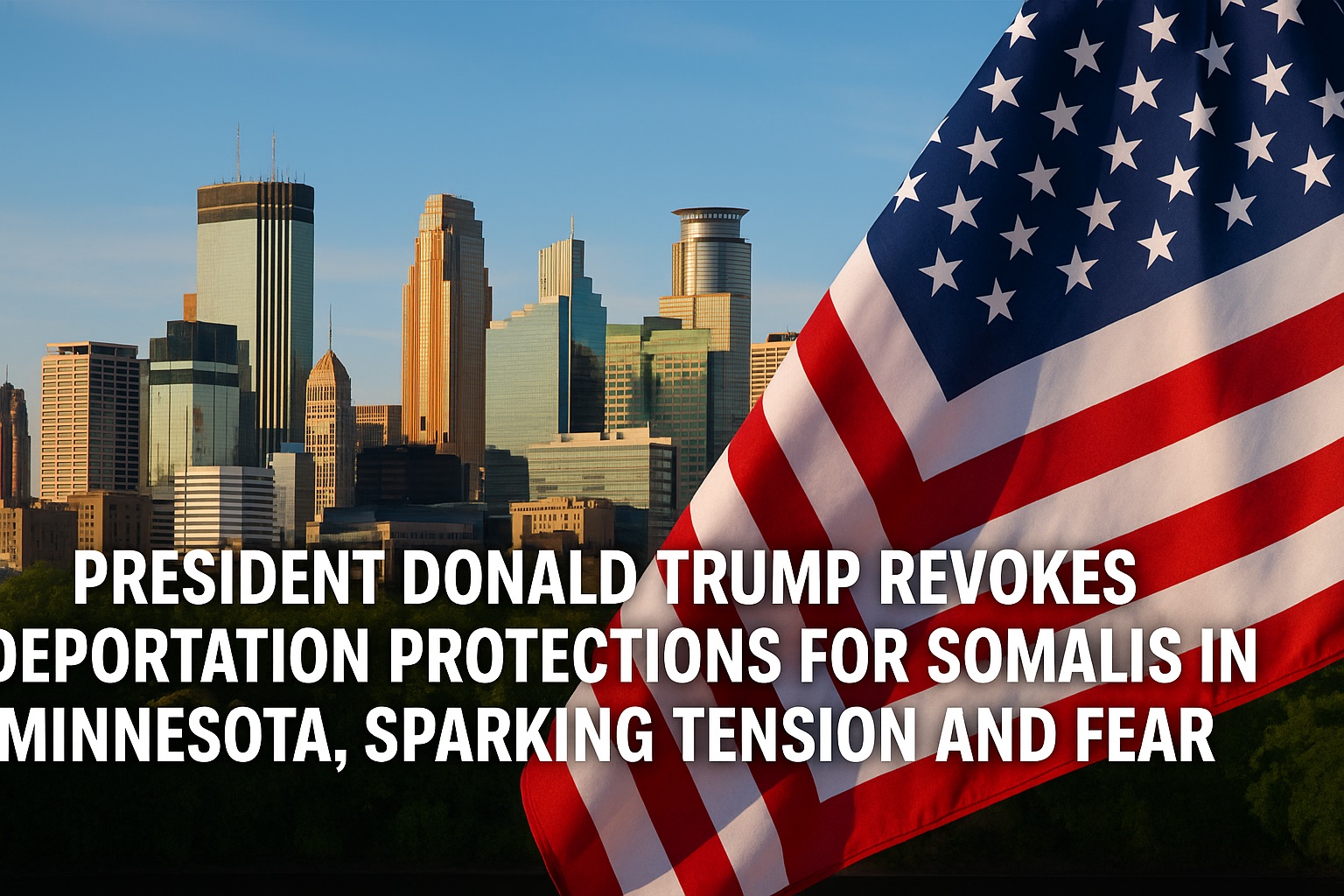
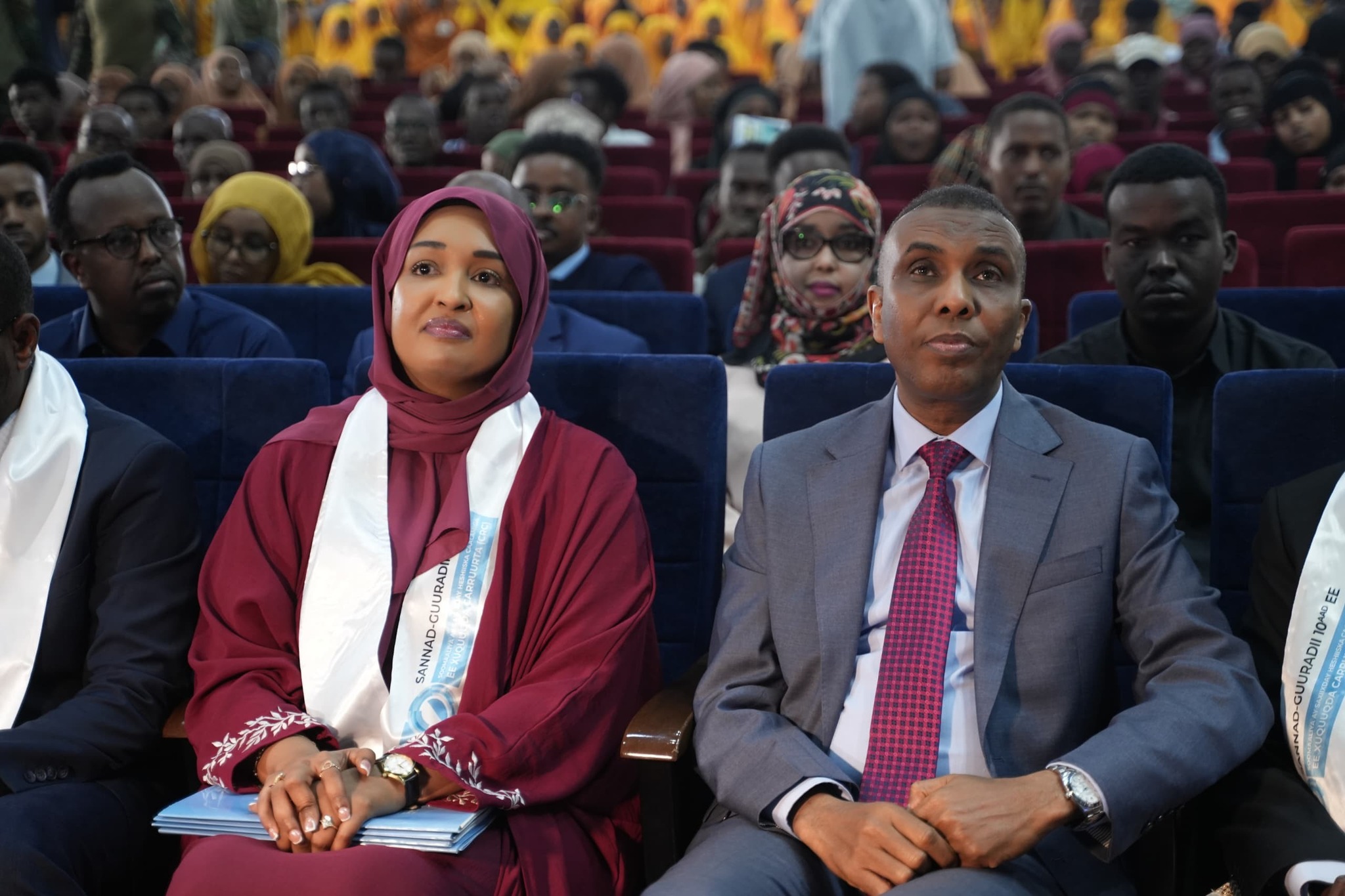
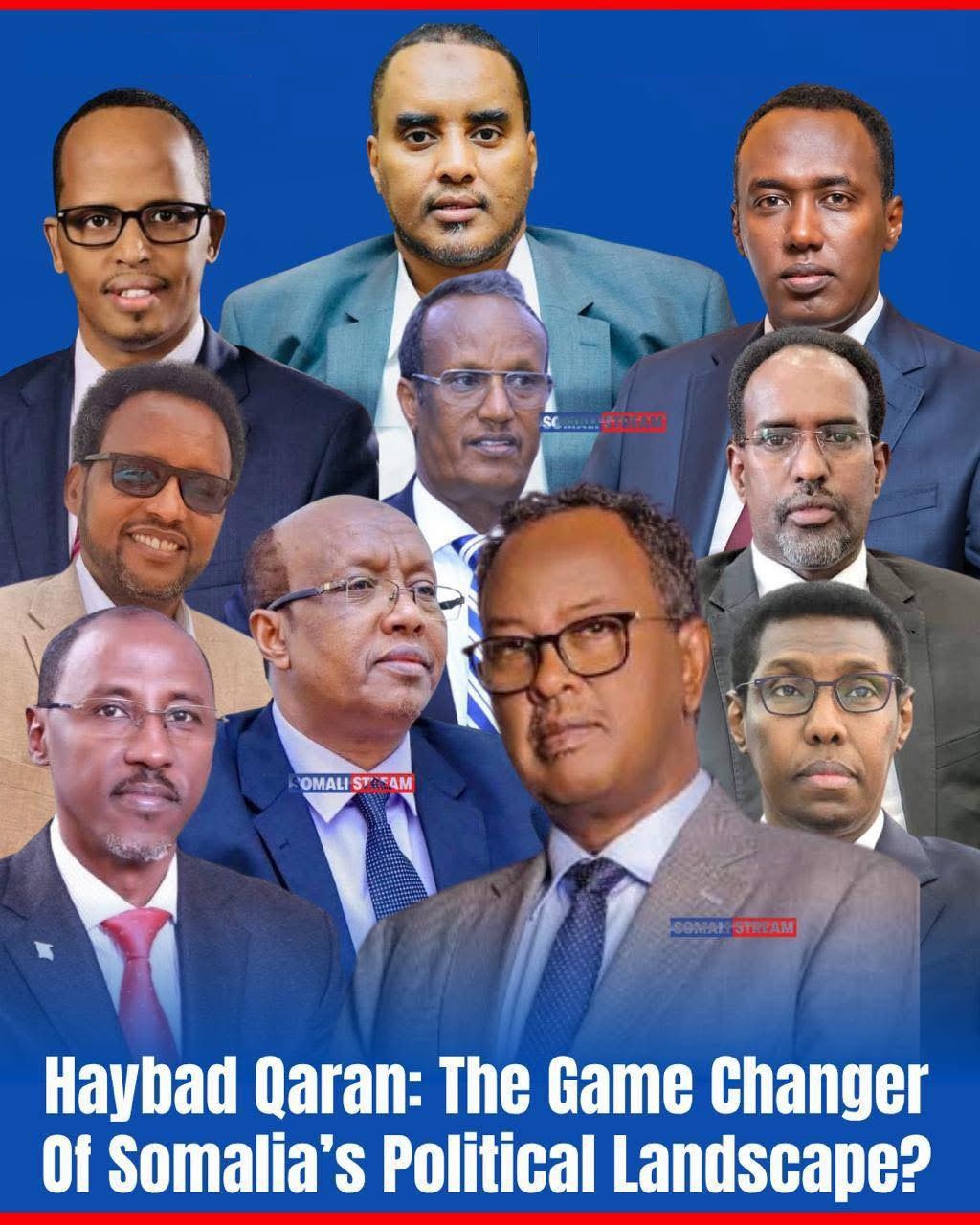

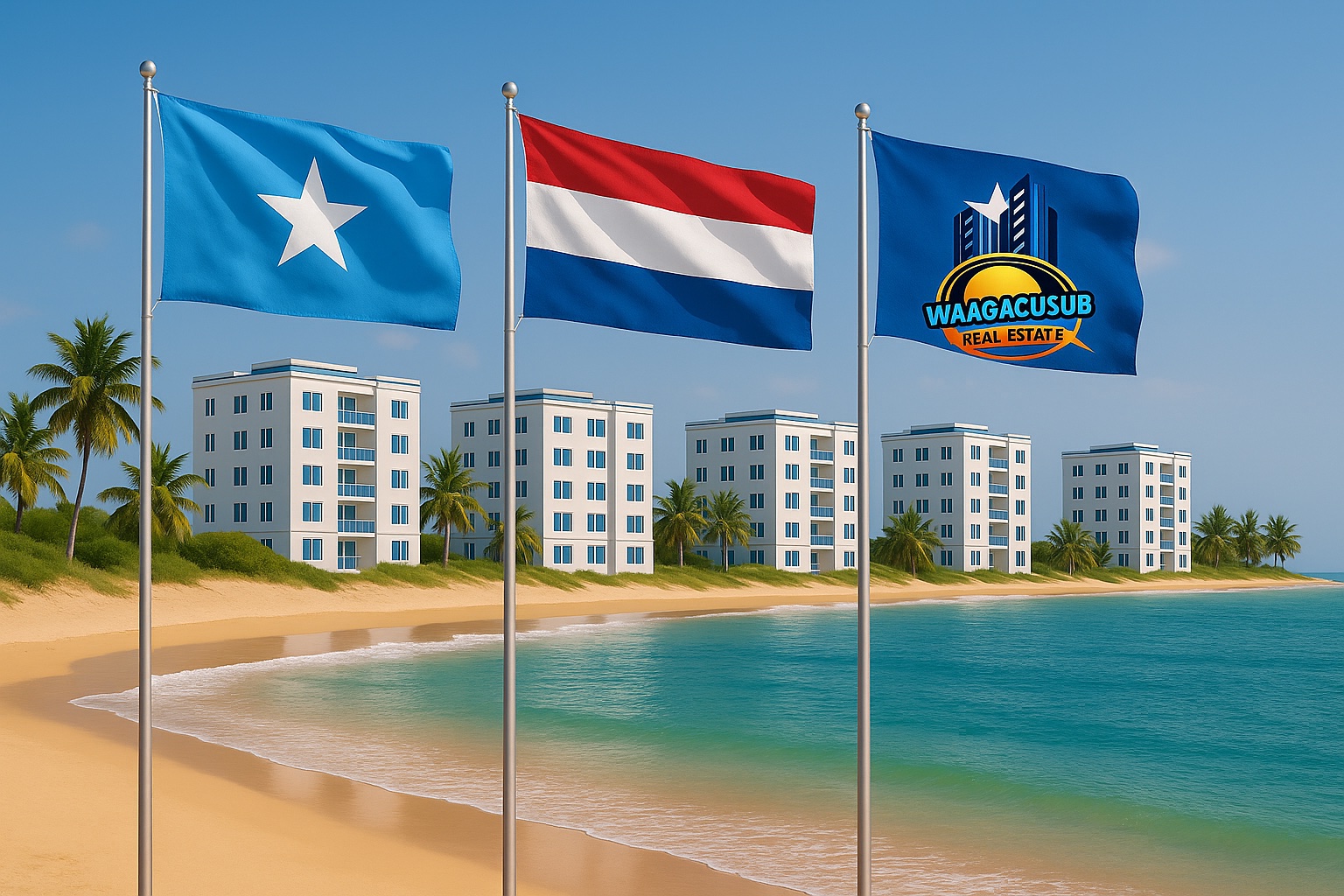
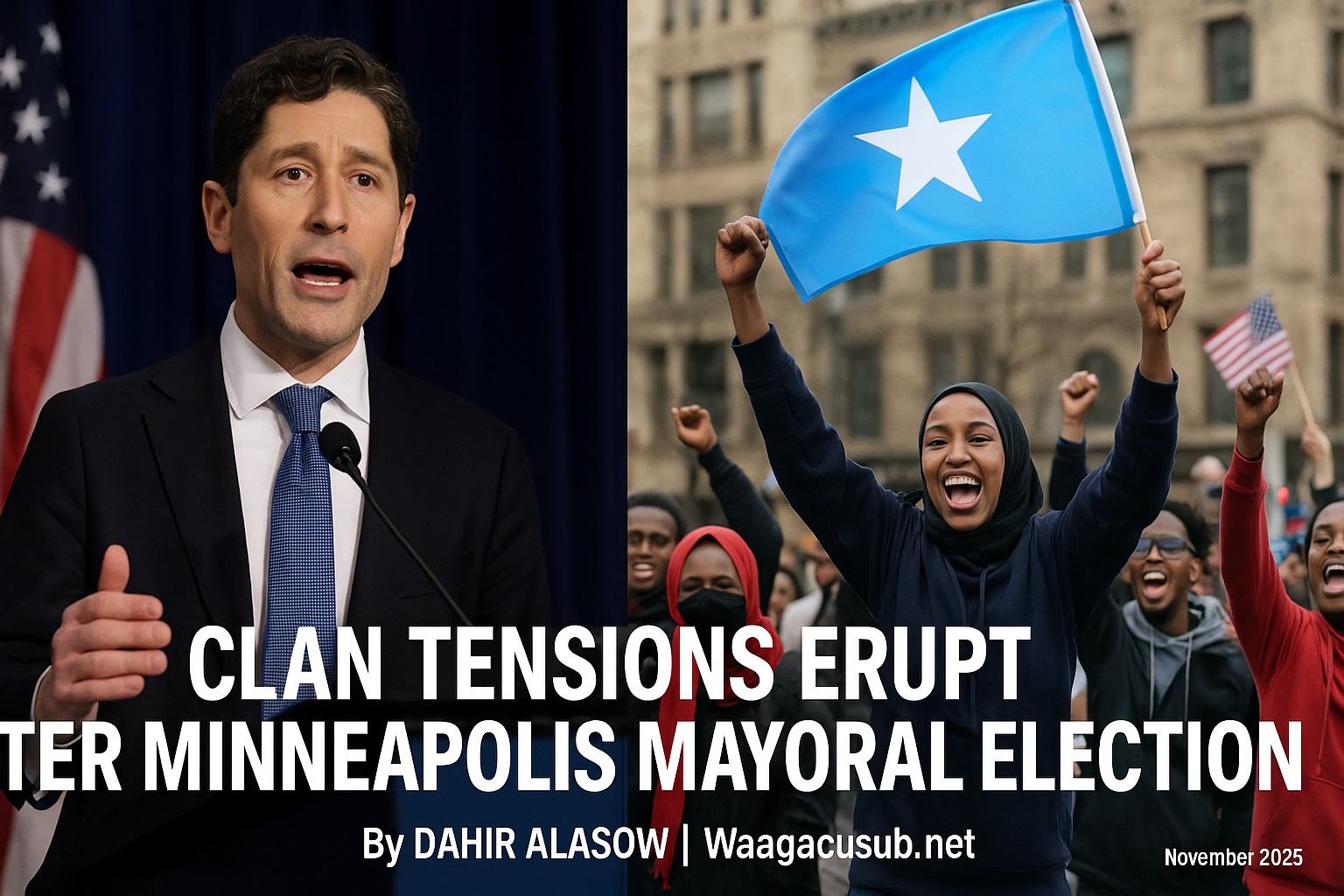

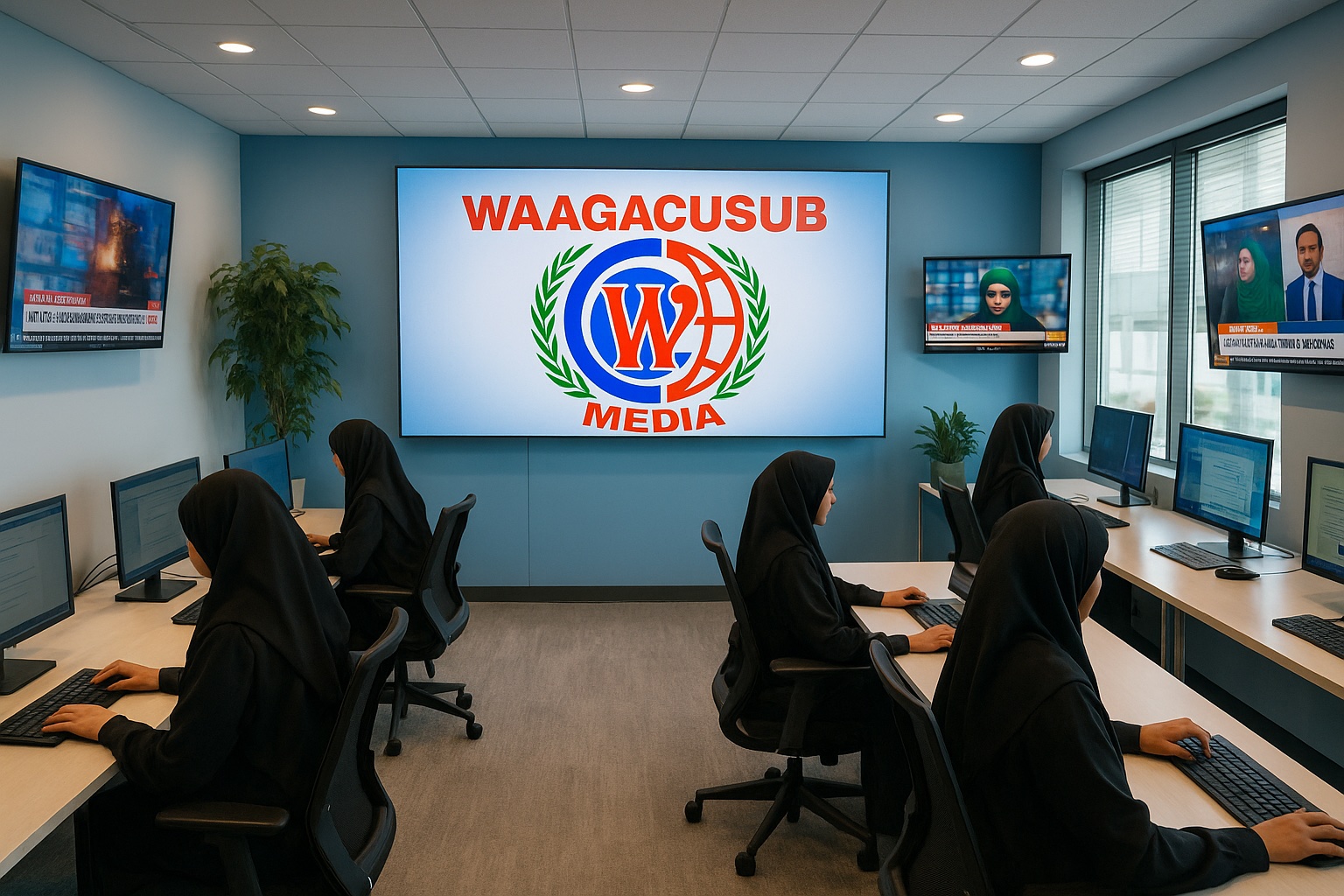
Germany: Flawed Social Media Law
Berlin – The new German law that compels social media companies to remove hate speech and other illegal content can lead to unaccountable, overbroad censorship and should be promptly reversed, Human Rights Watch said today.